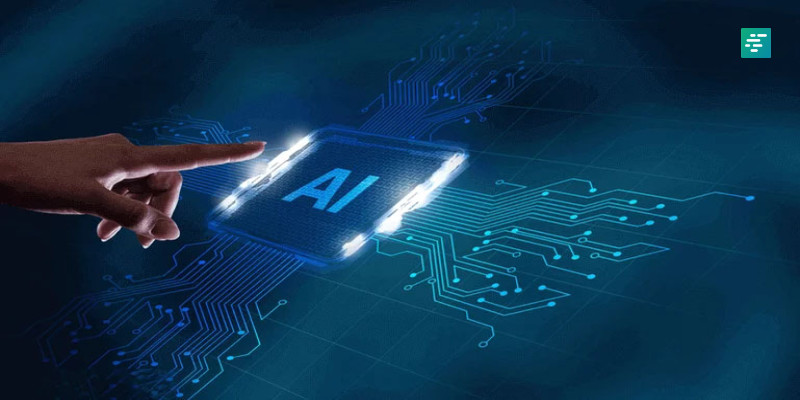
A skilling framework has been prepared to link Artificial Intelligence (AI) with skill development in the country.
- Campus Updates
- 08 Nov, 2023
- 1223
In a world where Artificial Intelligence (AI) is becoming increasingly integral to various industries, a groundbreaking skilling framework has been crafted to merge AI with skill development in the country. This initiative aims to empower individuals from all walks of life with the knowledge and expertise required to thrive in the AI-driven future. Under this ambitious plan, AI education will be integrated into curriculums at every educational level, from school to Industrial Training Institutes (ITIs), Polytechnics, and Engineering colleges.
This transformative framework has been meticulously developed through the collaborative efforts of the National Council for Vocational Education and Training and the All India Council for Technical Education. By weaving AI into the fabric of education and vocational training, it seeks to equip the Indian workforce with the skills necessary to harness the potential of AI and contribute to its widespread adoption.
A skilling framework has been prepared to link Artificial Intelligence (AI) with skill development in the country. Under this, Artificial Intelligence will be taught to children at every level up to ITI, Polytechnic and Engineering colleges.
This framework has been created by the National Council for Vocational Education and Training and All India Council for Technical Education.
10% time for AI principles from basics to mastery
A senior official of the Ministry of Skill Development and Entrepreneurship said that the modules of AI in the framework include speech recognition and natural language processing, robotic process automation, data science, machine learning, virtual reality (VR), augmented reality (AV), artificial internet of things. Things, Generative AI, Chatbot, AI Analytics, Drones, Fraud Detection and Cyber Security, Cloud Computing, Quantum Computing have also been made a part of the course.
The most important thing is that Ethics in AI (Principles) has been included in AI training at every level from Basic to Mastery level and 10% of the course duration has been earmarked for it.
10 lakh AI experts are needed in the country by next year
The demand for AI professionals in India is soaring. According to the World Economic Forum's "Future of Jobs" report, the world will witness the loss of 83 million jobs over the next five years, but it will also generate 69 million new jobs. India is not exempt from this trend. A report from NASSCOM highlights a staggering 51% gap between the demand and availability of AI professionals in the country. This ever-widening chasm underscores the critical need to nurture a robust AI talent pool.
It is estimated that India will require around 10 lakh (1 million) AI professionals by 2024 to keep pace with the rapidly evolving AI landscape. This highlights the urgency of initiatives like the newly introduced skilling framework.
Demand for AI professionals is high, but supply is still low
During the last few years, on one hand, the use of AI started increasing in every field, on the other hand, from schools to ITIs, polytechnics, universities and engineering colleges in the country, AI was included in various courses and training was given, but despite this, the number of AI professionals remained low. There is a huge gap between demand and numbers. Therefore it has been standardized.
In recent years, AI has permeated various sectors, leading to the inclusion of AI courses and training programs in educational institutions across the country, from schools to ITIs, polytechnics, universities, and engineering colleges. Despite these efforts, the supply of AI professionals has not met the burgeoning demand, resulting in a considerable shortfall.
The standardization of AI education through the new skilling framework is a significant step towards bridging this gap. By ensuring that AI education is not limited to a few elite institutions but reaches every corner of the country, it aims to democratize access to AI knowledge. This comprehensive approach recognizes that the potential of AI is not confined to the tech hubs of major cities but extends to every region, every community, and every individual.
